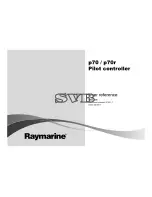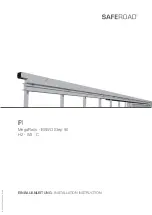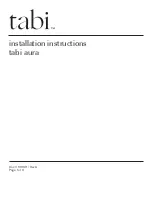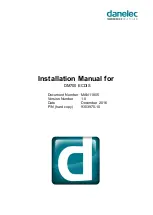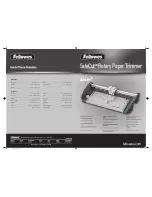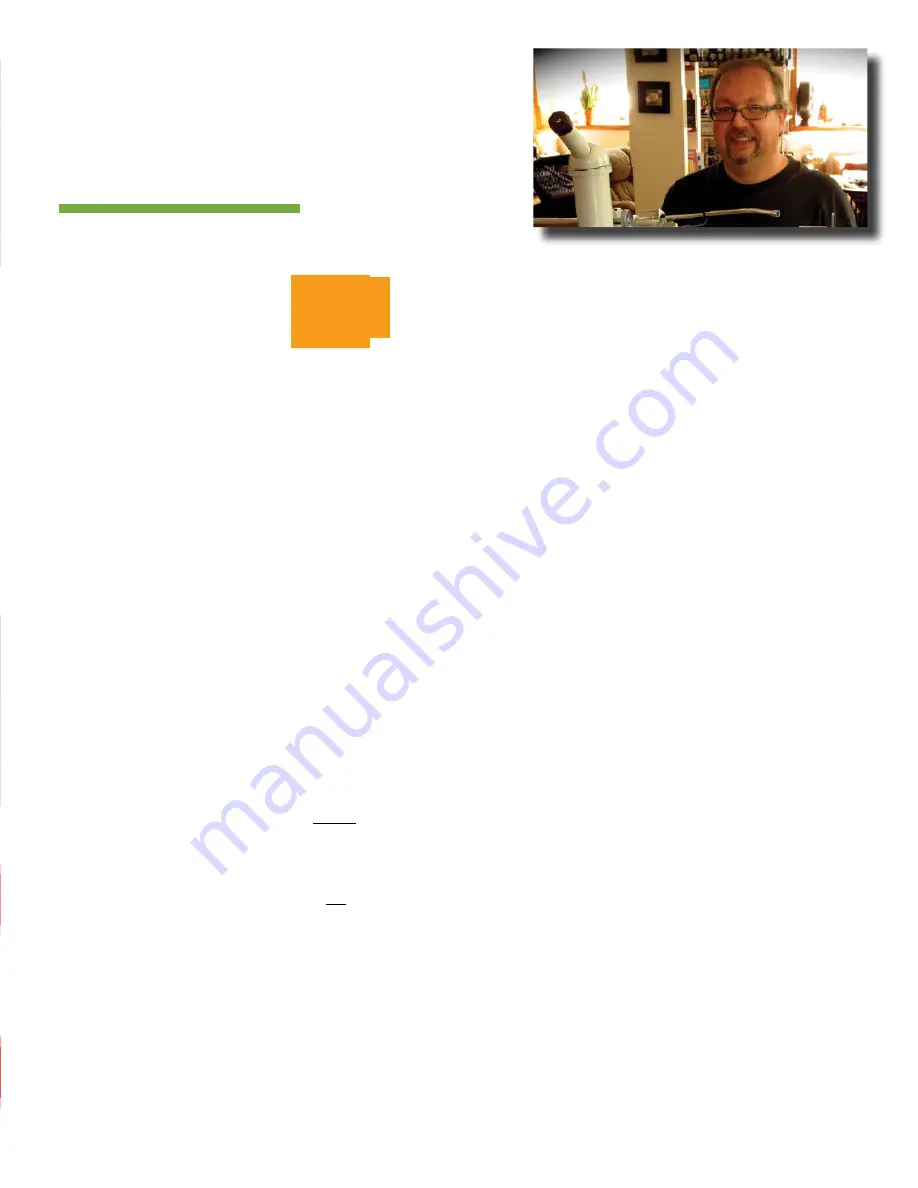
2 1
noise generator (most likely a plugin). Activate the noise generator and set it to 0dB. Select
speaker
1
and slowly turn up
the
volume
knob on the
. Assuming there is little or no level from your speaker, the goal is to get to 1:00 o’clock
on the dial. Next grab your hardware SPL meter or smartphone app. Have your friend or Borg visitor hold the meter at
arm’s length, where your head will be normally in the listening position sweet spot and angle it 45º. Now slowly start
turning up the volume on your studio monitor. The target is 82dB SPL (read about
set
monitor
reference
level
in this
manual for the “why”). When you achieve this, power off the left monitor and repeat the process with the right speaker.
Then combine them and you should be at approximately 85dB SPL. Now it’s time to set up the next pair of monitors...
Use
spkr
2
and
spkr
3
trims to make
speaker
2
and
speaker
3 /
sub
match
speaker
1
. (Not to be confused with the
Speaker of the House in Congress).
27. SUM TRIM
Feature: The
sum
trim
knob affects the
sum
output
level by adjusting the overall level of the stereo summed mix.
Benefit: Adjust the
sum
output
for optimum level going into your interface or mixdown A/D converter.
Note: The
sum
trim
knob has a swing of -
∞
dBu completely counterclockwise and unity gain fully clockwise.
Tip:
,
The
sum
trim
knob should start out near 1:00. This is approximately -6dBu and gives you flexibility with your mix levels.
You can add or subtract level as needed.
Tip:
,
This can also be used to “push” into outboard gear like a compressor, eq, even the A/D if you’re trying to hit the
electronics with more energy (i.e. voltage into a transformer) or less if you’re mix is already too hot.
28. MONO 7 & 8 BUTTON
Feature: Make summing inputs 7 and 8 mono.
Benefit: Perhaps you’d like to isolate the kick and snare or vocalist and bass straight up the center, instead of panning in your
DAW. The
mono
button
anchors it in the middle, in the analog domain. (Identical operation from the free remote app as
well.)
29. VOLUME KNOB / DIM BUTTON
Feature: Adjustable
volume
knob
and
dim
button
.
Benefit: Adjust the level to your studio monitors on a contiguous knob or press it for a user selectable dim level (Both controlled
from the free remote app as well.)
Operation: See the
setup
section of this manual for detailed instructions.
30. VOLUME KNOB / SET REFERENCE LEVEL
Feature: User selectable
reference
level
.
Benefit: Set a
reference
level
for your studio monitors that you can always jump to, like the measure of loudness formerly
known as Fletcher-Munson, now “Equal Loudness Contour”. (Controlled from the free remote app as well.)
“Three DACs, more Speaker Outputs, Bluetooth Audio,
Remote Control- just listening to the headphone section
alone will inspire the best performance.”
CHRIS MUTH Co-Founder Lead Design Engineer,
Dangerous Music, Inc.
23. LINE OUT
Feature: Dedicated stereo
line
out
that mirrors either the
ctrl
room
or
headphone
source.
Benefit: The source or sources selected in either the
ctrl
room
or
headphone
section will output here. Allowing you to send it to an
alternate destination. For example, front of house PA system, video recorder, House of Worship crying room, back into your
interface, mixdown device like a CD burner, iPhone or cassette deck- remember those? At least we didn’t mention a DAT
machine! (oops)
Tip:
,
Use the
line
out
as a dub output. In other words, combine up to
5
inputs simultaneously-
analog
,
sum
,
bluetooth
,
usb
and
aes
/
spdif
. For a total of 16 inputs- slick, right?
Note: These outputs are line level and unaffected by the speaker volume knob. (Identical operation from the free remote app.)
24. BLUETOOTH ENABLE
Feature: Activate or disable
bluetooth
functionality.
Benefit: Activate
bluetooth
audio and remote control or turn it off all together.
25. SIGNAL PRESENT LEDS
Feature: Eight
signal
present
leds
.
Benefit: Visual confirmation that the audio outputs of your interface are arriving at the
.
26. SPEAKER TRIM 2 & 3
Feature: Attenuate the levels of your studio monitors with the inset trim pots.
Benefit: Level match your monitors (or subwoofer), so they are all outputting at the same or a balanced volume. Otherwise your
decisions may be biased by level, not reality.
Operation: This assumes your monitors have trim pots (a knob on the back for level adjustment). Turn down the
volume
knob of the
all the way. Whichever studio monitors are connected to the
speaker
1
output of
, turn the trims completely
counterclockwise and power off the right speaker. In your DAW (Pro Tools, Studio One...) locate a full-bandwidth pink































